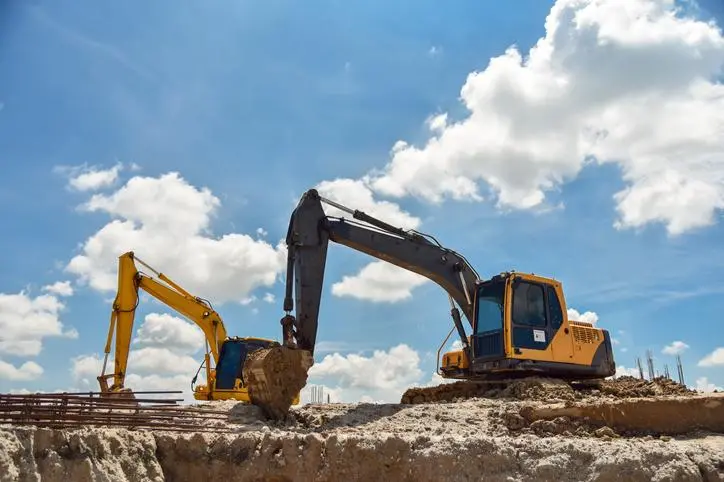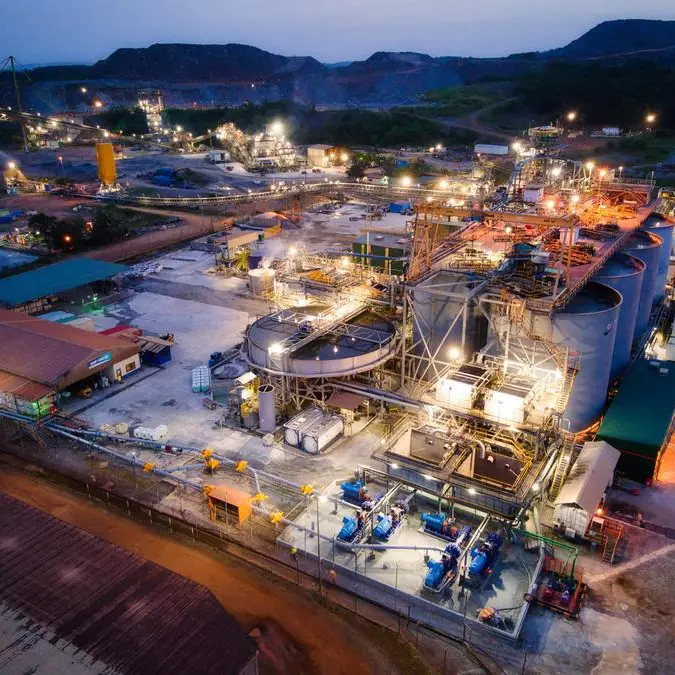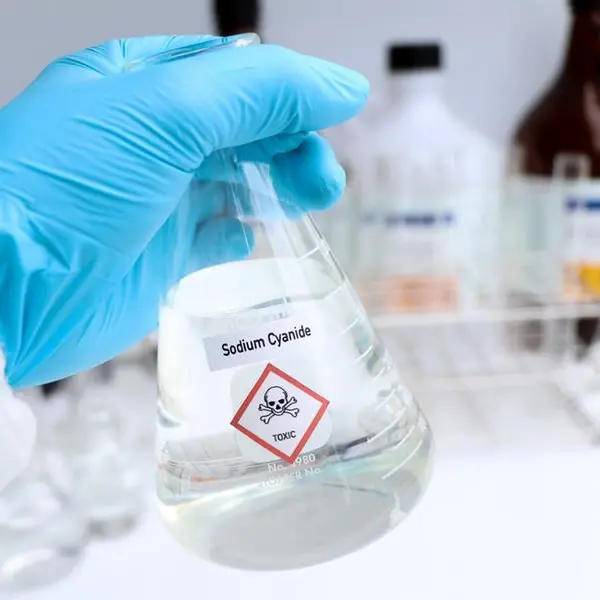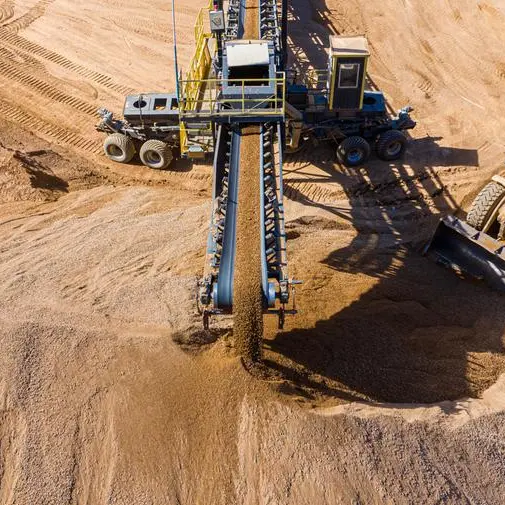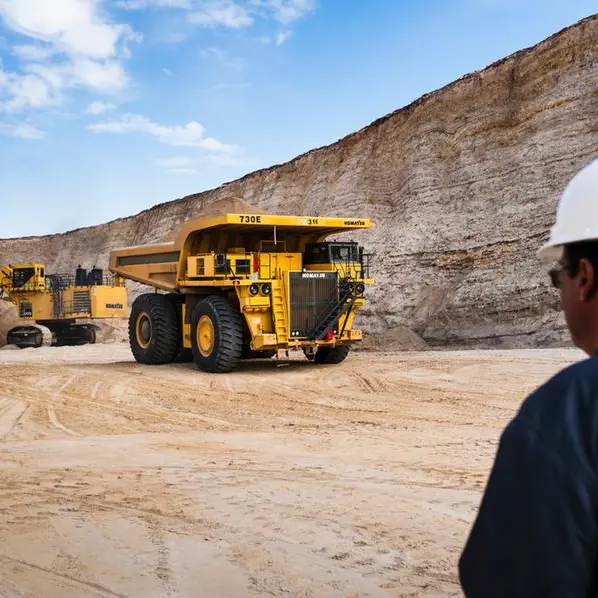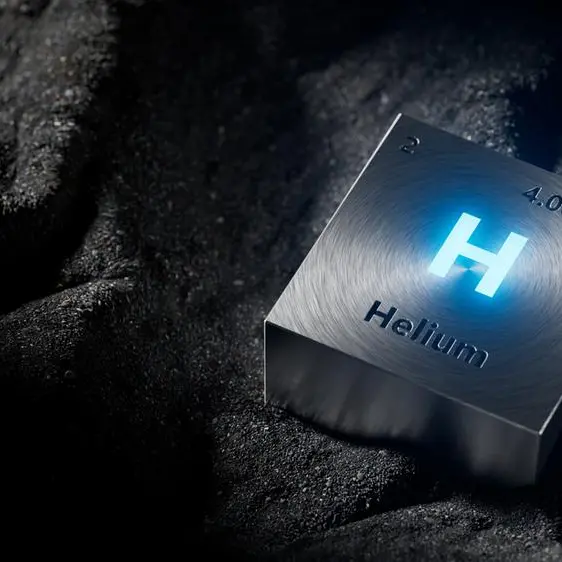PHOTO
Electric vehicle (EV) sales hit a record high in 2021, accounting for 10 percent of all vehicles sold globally and putting a strain on the scarce minerals — cobalt, lithium and copper — needed to make their batteries.
A report by Paris-based International Energy Agency (IEA) released on May 23 shows that 6.6 million electric vehicles were sold in 2021 bringing global sales to 16.5 million.
Precious minerals
Pressure is now on mineral-rich countries such as the Democratic Republic of Congo (DRC) to help meet growing demand for copper, cobalt and lithium, critical in producing electric vehicle batteries as sales rise in a push to meet the global net zero ambitions.“The rapid increase in EV sales during the pandemic has tested the resilience of battery supply chains, and Russia’s war in Ukraine has further exacerbated the challenge,” IEA said in the report.
The DRC, which produces about 68 percent of the world’s cobalt annually, and over 1.8 million tonnes of copper (the fourth-largest in the world) will now have to dig deeper into its mines to meet the growing demand.
With the prices of copper, cobalt, nickel and lithium surging in the aftermath of the Ukraine crisis, DRC now eyes massive gains, as these minerals constitute at least 91 percent of its exports and about 36 percent of its GDP.
According to the IEA, the prices of lithium, of which DRC produces over 130 million tonnes annually, have risen over seven times since the start of 2021, and are set to rise further, along with copper, cobalt and nickel.
However, EV sales in the country and the rest of Africa remained the least globally, due to “unaffordability by the mass market,” IEA said.
Across Africa, electric vehicles sold in 2021 were barely 5,000, accounting for only 0.5 percent of all vehicles sold in the period.
To improve adoption of electric vehicles in Africa, IEA recommends two- and three-wheelers and urban buses, because “these vehicle types are most cost competitive.”“Price signals and charging infrastructure availability can help the economic case for electrification,” IEA said.
East African countries, however, have shown significant efforts to make electric vehicles more affordable and increase their adoption, the report said.
Regional progress
Rwanda intends to raise expenditure on EV charging infrastructure to $900 million and the Ministry of Infrastructure in April 2021 proposed a preferential corporate income tax of 15 percent, half the usual 30 percent, for companies dealing in e-mobility.
Kenya targets to have five percent of all imported vehicles be electric by 2025, and will reduce excise duty on battery electric vehicles carrying more than ten passengers from 20 percent to 10 percent to facilitate the growth.
In Uganda, state-owned Kiira Motors is spearheading expansion of e-mobility and plans to launch production of small EVs after unveiling the first-ever electric buses in the region in 2016. © Copyright 2022 Nation Media Group. All Rights Reserved. Provided by SyndiGate Media Inc. (Syndigate.info).
